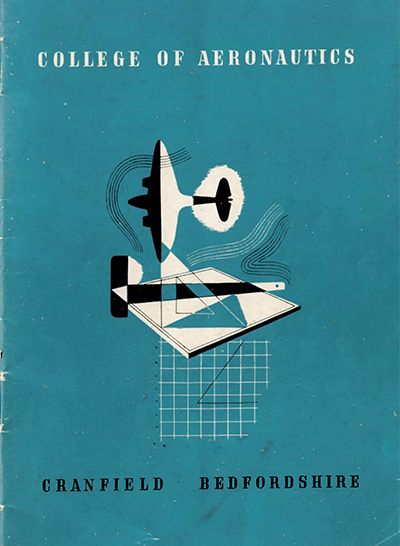Cranfield is a postgraduate university, specialising in technology and management.
The theme running through Cranfield’s history is a commitment to and passion for applied research which makes a difference to the world in the fields of science, technology and management.
The forerunner of Cranfield University was the College of Aeronautics, created in 1946 and based at the RAF station in Cranfield, Bedfordshire. Through the 1950s and 1960s, the development of many aspects of aircraft research and design led to considerable growth and diversification into other areas such as manufacturing and management.
In 1967, the School of Management was founded, so 2017 marks our 50th anniversary.
In 1969, the College of Aeronautics became The Cranfield Institute of Technology incorporated by Royal Charter with full degree-awarding powers.
More recently, there has been further substantial progress, including an academic partnership with the Defence Academy, UK, at Shrivenham in Wiltshire.
Watch our 'Cranfield at 70' video with memories from the Cranfield community.
Cranfield's motto
Cranfield’s motto, 'post nubes lux', means 'after clouds light'. It is depicted on the University coat of arms which was introduced when the University was awarded our Royal Charter.
College of Aeronautics
Cranfield University grew out of the College of Aeronautics, established originally in 1946. More information about the College of Aeronautics is available in our overview of the history of the CoA.
Lord Kings Norton
Lord Kings Norton of Wotton Underwood (formerly Sir Harold Roxbee Cox) played a significant role in the establishment of the Cranfield College of Aeronautics. He also served as Cranfield University's first Chancellor.
To honour his association, Lady Kings Norton donated a collection of her husband's letters, photographs, papers and other memorabilia to Cranfield University. We have made a selection of these materials available as an online archive to serve as a permanent memorial to the man who helped guide the development of this institution during the first 50 years of its history.





